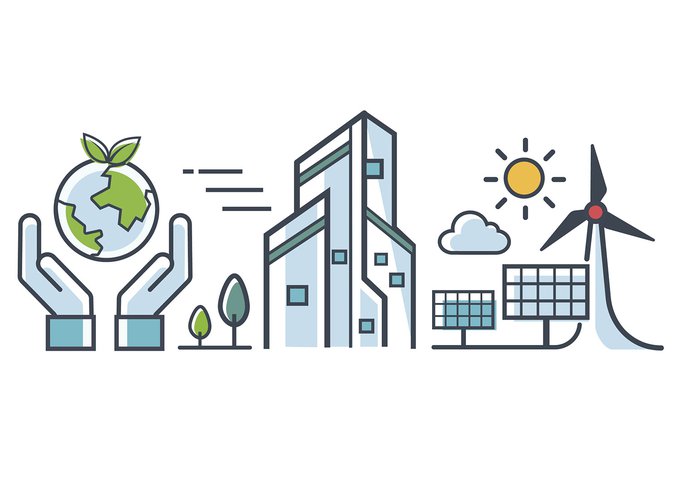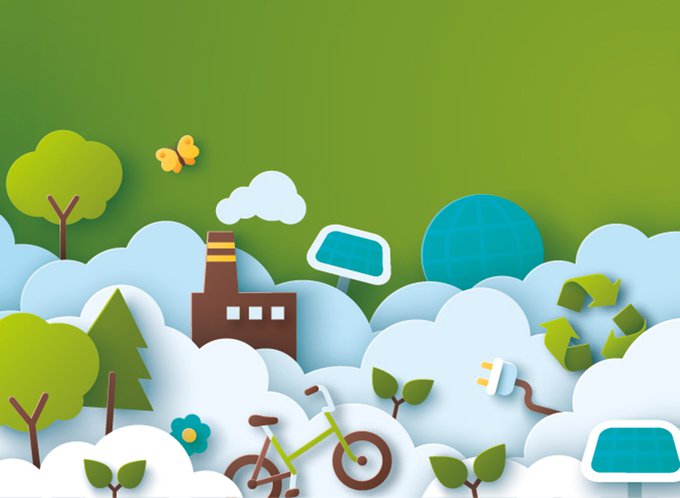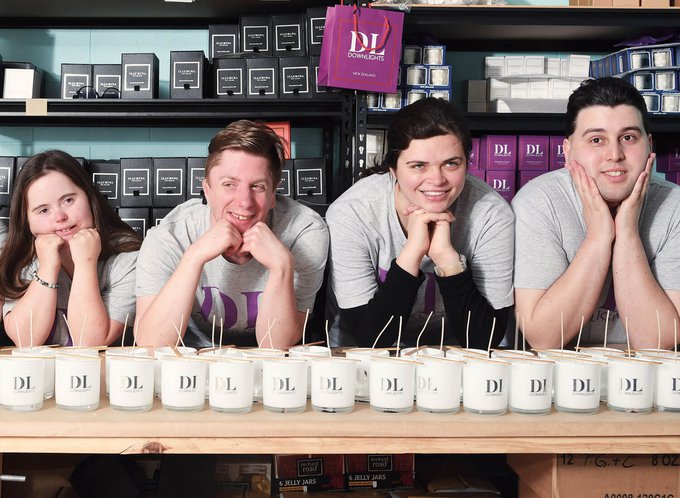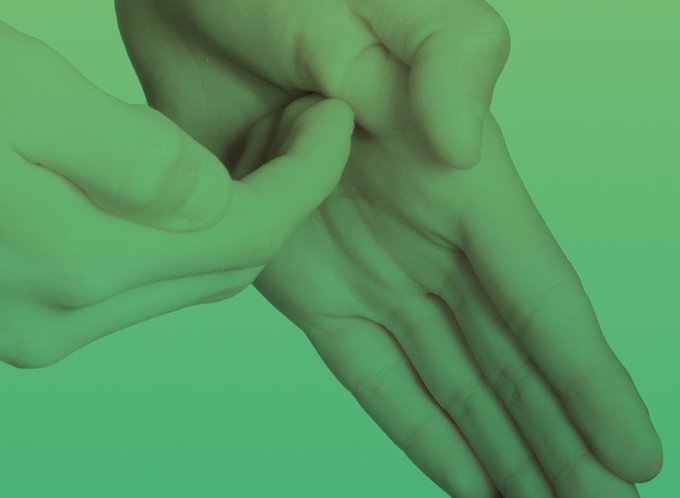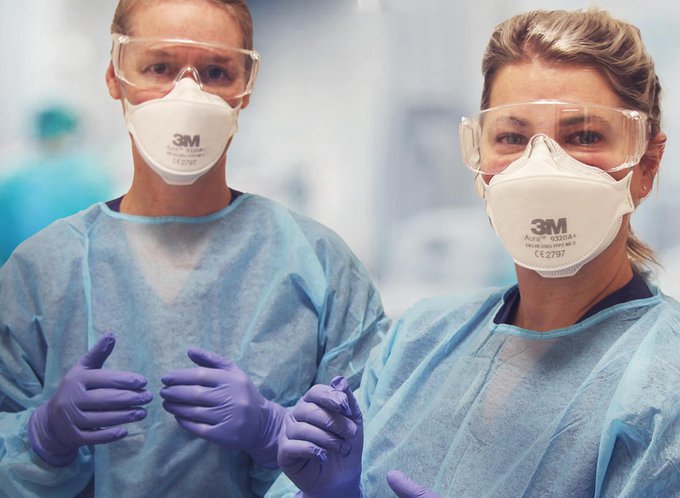As extreme weather events caused by climate change grow in strength and frequency, insurance companies are having to consider their impact on people's policies.
-

MAS Chief Executive Martin Stokes believes the industry needs to do more to rise to the challenges climate change poses and to invest more responsibly for the planet's future.
Aotearoa's homes have largely been built to make the most of its coastlines, with dwellings hugging the shores of our narrow islands.
But as extreme weather events caused by climate change grow in strength and frequency, insurance companies are having to consider their impact on people's policies.
Evidence suggests climate change is making these severe weather events more regular occurrences as we face rising seas, droughts, and ever more frequent storms hurled upon us from the Pacific and Antarctic Oceans.
And as sea levels rise, so too does the cost of climate change-related insurance claims. As events like February's Cyclone Dovi cause masses of damage to homes and infrastructure, insurance companies are having to consider how to manage risk and payouts.
The industry paid out $3,24.1 million in general payouts alone, but in a report noted this figure doesn't include the cost of other damage relating to extreme weather, like repairing roads and other infrastructure, damage to crops, or the wider social and environmental costs.
A report from the Insurance Council of New Zealand said 2021 was a record year for general insurance payouts following extreme weather events.
MAS Chief Executive Martin Stokes says that, from an insurance perspective, these extreme events pose a challenge.
"We can't deny that man-made climate change is a serious threat to the New Zealand way of life."
Martin Stokes, MAS Chief Executive
"One way this is manifesting is in the coastal inundation and rising sea levels that are already impacting our coastal communities, and the data suggests these issues are only going to increase in the coming decades."
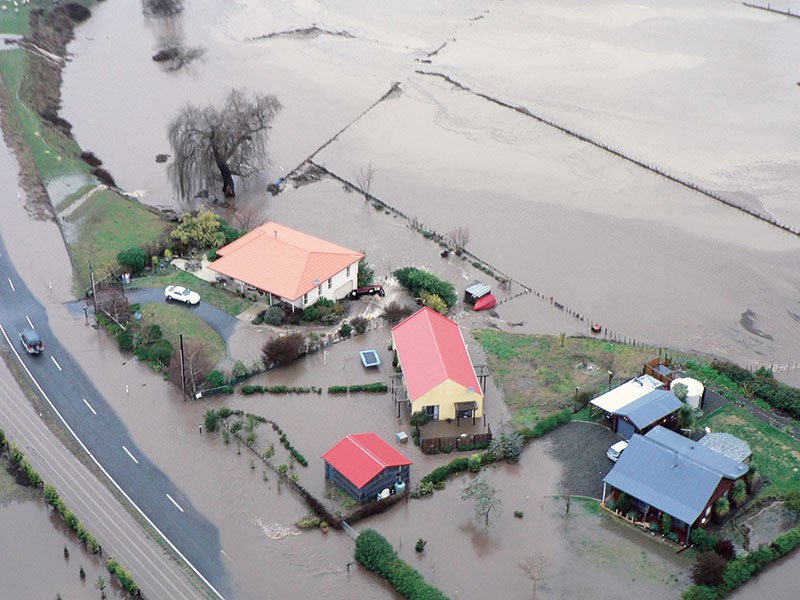 Credit: Alan Blacklock, NIWA
Credit: Alan Blacklock, NIWA
Ensuring a healthy industry
Martin says that, while this situation poses challenges for insurers, the industry on the whole wants to avoid situations where insurance for some becomes either unaffordable or unavailable. He'd like to see the industry partnering with government and other organisations to build resilience and mitigate these risks.
"MAS and the insurance industry as a whole want to aggressively resist the idea that we simply say 'no, you can't obtain insurance'. We don't want to end up there, but there is a risk we will if we can't work with government and other organisations to provide more resilience for communities," says Martin.
Traditionally, insurance pricing was community-based, with low-risk areas subsidising the cost of higher-risk locations.
"That's been the approach for decades, but now there's more discussion of the sustainability of this model," says Martin.
Some insurers are now looking at applying a more risk-based pricing model where a property's individual risk profile determines policy costs. Factors considered include whether the property is in a high-risk area for earthquakes or flooding, and unique characteristics such as the materials it's built from. Inevitably, that means for some people, their insurance costs will rise.
Martin believes the insurance industry should be partnering with other industries to lead the charge to create a more resilient Aotearoa.
"We want to do this progressively, rather than leaping to readjust pricing or using a blunt instrument to shift people's thinking."
MAS's commitment to sustainability
Martin is proud of the steps MAS has taken to become a more sustainable organisation, and its long-term commitment to minimising its impact on the planet.
MAS was one of the first KiwiSaver scheme providers to be certified by the Responsible Investment Association Australasia, and has recently been named a 'Mindful Fund' by independent ethical investment charity Mindful Money.
Martin says MAS's responsible investing policy is an essential part of this strategy, and it focuses on not just limiting exposure to harmful industries but investing in positive change. He believes the insurance industry needs to step away from supporting industries that are contributing to climate change.
"It seems completely illogical to me that insurance companies continue to invest in industries that are involved in things like deforestation, burning fossil fuels or polluting waterways."
MAS Chief Executive, Martin Stokes
"Climate change also harms human health, affecting our air and water quality as well as our access to food and shelter and exposing us to extreme weather events. These climate-related health risks have a bigger impact on vulnerable communities and exacerbate existing socioeconomic inequities."
Martin is proud of the work of MAS Foundation, MAS's philanthropic arm, which invests in programmes that contribute to health and wellbeing equity for communities in Aotearoa.
"MAS Foundation's work is helping strengthen the hauora of these communities by funding and supporting innovative projects and grassroots initiatives," he says.
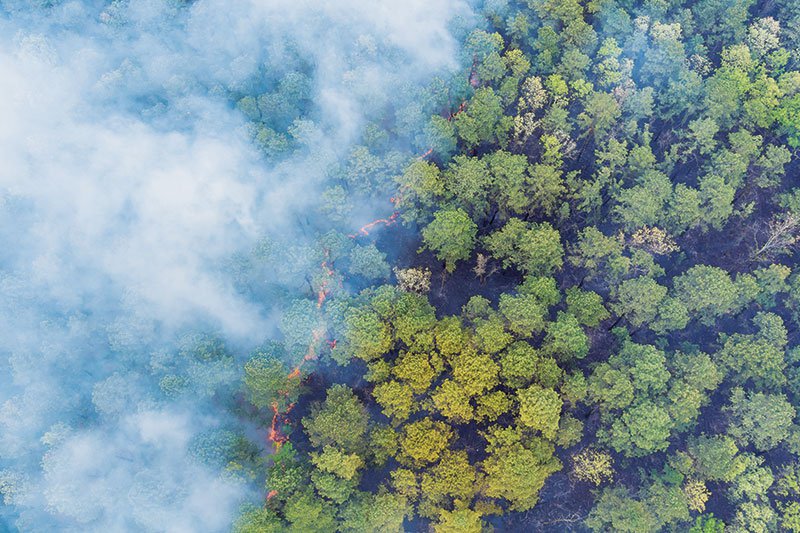
Reporting impact
New legislation introduced this year means financial services companies will need to start disclosing the impacts of climate change on their business and explain how they're managing climate-related risks. Investment managers like MAS will also need to report on the carbon footprint of their investments.
Martin says MAS is already preparing for this and wants to be transparent with Members about the impact that issues like sea-level rise might have on the insurance industry.
"The fact is that the activity of big business has harmed our planet in ways that might be irreversible, and this should be inspiring more corporations to change the way they act."
"We're keen to front-foot this new reporting requirement because we're proud of where MAS is at in its journey to be a more sustainable and responsible business. But the work is never done, and this is something that will continue to inform the way we do business into the future."
Know someone who might enjoy this?
Read this next
-
March 2021
Made for today a century ago
-
March 2022
5 ways MAS is becoming more sustainable
Greater good
See all-
March 2021
Candles for a cause
-
March 2021
Helping Kiwi babies thrive
-
March 2021
Creating a Deaf-inclusive Aotearoa


